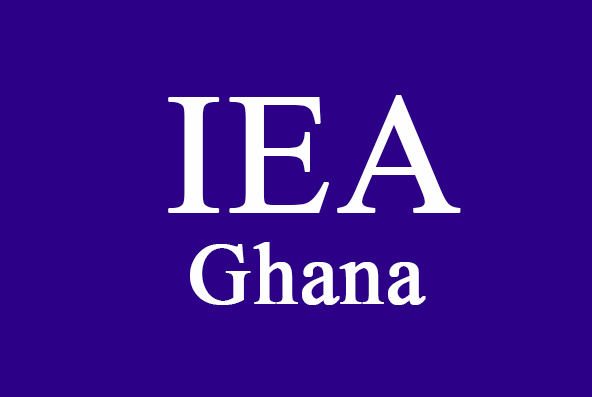Institute of Economic Affairs (IEA), a public policy institute, is asking the Government to provide subsidies on food, fuel, and transport, which are currently the major drivers of the country’s inflation.
This, together with strong policy tightening, including raising the policy rate, the think-tank believed, would help manage the inflationary pressures, and support production and economic growth.
Dr John Kwabena Kwakye, the Director of Research at IAE, said: “Even the IMF that is known not to be a fan of subsidies, has called on member governments to provide food subsidies to their citizens to cushion the cost-of-living crisis.”
He added that: “This call should tell us that new interventions are required in dealing with what is clearly an unconventional-type of inflation that is currently sweeping the globe.”
Dr Kwakye reiterated the Institute’s call for the Government to collaborate with the Bank of Ghana to deal with both the demand and supply side of inflation, noting that that would be more effective in dealing with the current increases in inflation rate.
He said: “We have called for the Bank of Ghana and Government to work together to target directly the key inflation drivers; food, fuel, transport and the exchange rate.”
Dr Kwakye explained that the June inflation rate of to 29.6 per cent [the highest in the last 18 years], posed a challenge to the Monetary Policy Committee ahead of its decision at its 107th meeting on the policy rate, which would take place from July 20 to 22.
“Taking all the foregoing factors – both known and unknown into consideration, we are minded to suggest that the MPC should increase the PR by a further 100-150 basis points, taking it to 20.0-20.5 per cent.”
The policy rate is the rate at which commercial banks borrow from the Central Bank and serves as an Inflation Targeting (IT) tool to control the increase in the prices of goods and services.
Dr Kwakye explained that: “This adjustment will narrow the inflation-policy rate gap, although the real policy rate will still remain negative.”
In the past year, the MPC has acted aggressively to stem the soaring inflation by raising the policy rate cumulatively by as much as 550 basis points to 19.0 per cent, the last increase being 200 basis points in May.
Earlier, the Institute proposed among others that the Bulk Oil Storage and Transportation Company (BOST) should keep strategic oil reserves that could be released to cushion pump prices during shocks.
It also called for a deliberate effort to increase food production and ensure storage and preservation of excess produce, especially during the peak seasons so that buffer stocks may be released to cushion prices amidst shocks and during the lean seasons.
Those, the Institute said would help curtail the inflationary pressures and lessen the plight of Ghanaians under the current economic hardship.

